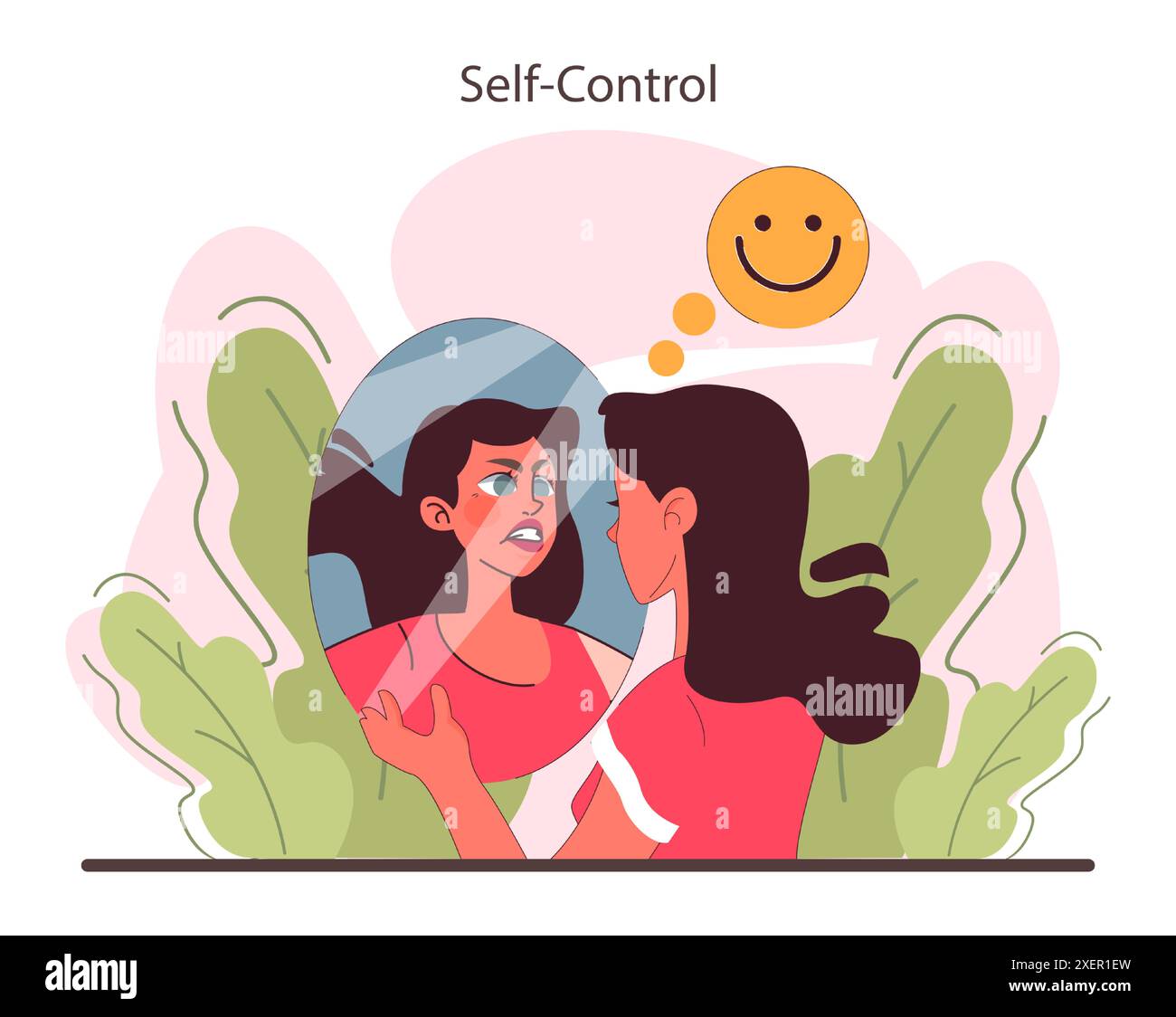Navigating Disorder to Serenity: Approaches for Mental Control

Feelings are a key part of being human, shaping our cognition, behaviors, and encounters. Yet, in a rapid world filled with obstacles and surprising pressures, many of us find ourselves fighting to maintain a sense of emotional equilibrium. This conflict can lead to disorder in our personal lives, connections, and even in professional settings. The capacity to master our feelings and respond intentionally rather than respond hastily is vital for achieving a sense of tranquility amidst the chaos.
In this article, we will explore 10 effective ways to improve your emotional control and provide you with strategies to stay composed under pressure. You will find out about the research behind emotional regulation and how methods like mindfulness practices, respiration exercises, and journaling can strengthen your emotional resilience. Identifying your affective triggers and managing them efficiently will not only aid your psychological health but also lead to improved decision-making, stronger connections, and increased success in all areas of life. Come with us on this journey from disorder to serenity as we uncover potent strategies for emotional mastery.
Understanding Emotional Control
Emotional regulation is the ability to manage and respond to emotions in a healthy way. It entails recognizing your emotions, comprehending their effects, and leveraging this awareness to handle challenging situations successfully. By developing this skill, individuals can maintain healthier relationships, make thoughtful decisions, and enhance their general quality of life.
The research behind emotional regulation reveals that our emotions are profoundly connected to our neural system and cognitive processes. When we experience strong emotions, such as frustration or anxiety, our body's fight-or-flight response is triggered. Gaining skills in to control these responses can lead to better mental health outcomes and foster resilience. This is particularly crucial in high-pressure environments where emotional responses can obscure judgment and lead to ineffective communication.
Awareness of oneself plays a key role in emotional control. By recognizing emotional triggers and analyzing how these triggers affect behavior, individuals can develop strategies to regulate their reactions. Mindfulness practices, such as mindful meditation or journaling, are effective tools that can enhance personal insight and emotional regulation. In conclusion, mastering emotional control is an integral skill that contributes to personal success and well-being.
Practical Strategies for Mastery
One effective way to boost emotional control is through mindfulness techniques. This approach helps individuals to focus on the present moment, enabling them to observe their thoughts and feelings void of judgment. By incorporating mindfulness into daily routines, such as through guided meditation or deep-breathing exercises, individuals can cultivate a deeper awareness of their emotional responses. This awareness can promote greater regulation of emotions, enabling individuals to respond more thoughtfully rather than react impulsively, especially in stressful situations.
Recognizing emotional triggers is yet another crucial aspect of emotional mastery. By identifying specific situations, words, or behaviors that prompt strong emotional reactions, individuals can anticipate these triggers in advance. Keeping https://posteezy.com/emancipating-yourself-conquering-sentimental-stimuli-mindfulness can be an valuable tool for tracking these emotions, providing insights into trends and helping to devise strategies for controlling reactions. Understanding these triggers not only aids in emotional regulation but additionally fosters better interactions in both personal and professional contexts.
Lastly, developing resilience through emotional control is important for long-term success. Resilience allows individuals to rebound from setbacks and face adversity with a calm demeanor. Engaging in regular physical activity, upkeeping a balanced diet, and securing adequate sleep support emotional stability and resilience. Additionally, developing strong social connections and seeking support during trying times can improve one's ability to sustain emotional control, offering a foundation for navigating life's challenges with confidence and calm.
The Impact of Emotion Management

Managing emotions plays a crucial role in how we manage our regular lives, influencing our engagements, choices, and overall well-being. When individuals are adept at managing their emotions, they experience heightened resilience in the face of obstacles. This ability allows for a more focused perspective, encouraging better relationships and enabling effective communication, especially in intense situations. By enhancing emotional control, people can react thoughtfully rather than react impulsively, which improves both individual and career outcomes.
Additionally, the science behind emotional regulation shows that it has major implications for mental health. Effective emotional control not only assists in lowering anxiety and stress but also supports a more stable mood and reduced risk of mental health disorders. pause before reacting who utilize emotional regulation often mention improved life satisfaction and better coping mechanisms when faced with adversity. This compatibility with positive emotional practices is essential for preserving overall mental and emotional wellness in a fast-paced world.
In summary, the impact of emotional regulation extends to bodily health as well. Persistent emotional dysregulation can lead to stress-related health issues, affecting everything from cardiovascular health to immune function. By implementing strategies for emotional control, individuals can reduce these negative effects and foster a healthier lifestyle. Overall, the ability to control emotions well is not just a personal benefit; it is essential for thriving in various aspects of life, including career success, personal relationships, and bodily health.
